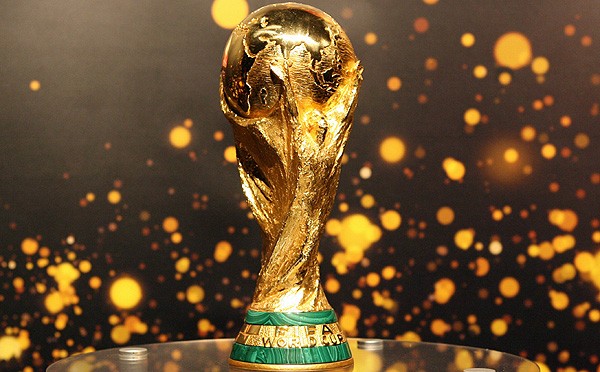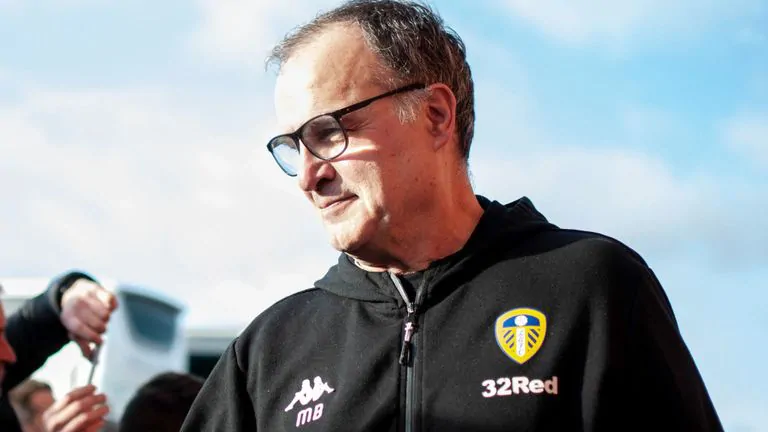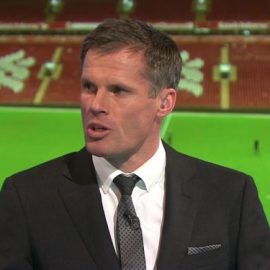For many, this is another Champions League week. The competition is heating up, and on Wednesday night, we’ll be at the halfway point of the group stage. It has been an interesting few days, two of the countless Champions League match-days. We saw a few good games and big moments, and chances are, we’ll end up remembering nothing of this week in Europe.
Meanwhile, for many players, this isn’t another Champions League week, it’s just another week closer to the 2014 World Cup in Brazil. We’re nearing that time when players worried over playing time in a World Cup year lobby for loans, and other players dread the injury that would rule them out of the biggest sporting party on planet earth.
I love the Champions League. It can’t hold a candle to the World Cup.
The UEFA Champions League is home to great football, and many would argue the knockout stages are the best quality of football anywhere in the world. We get to see dream teams strung together with billions collide in front of wonderful atmospheres on those dreamily described “European nights”.
It’s thrilling stuff. But it can only get so good. After all, the current format of the European Cup is a made-for-TV competition that is just turning 21 years old. The Champions League is barely old enough to drink.
The competition has become an exhaustive, expansive tournament, continually expanded for money. It goes from the first qualifiers in mid-July to the final in mid-May – in other words, we only spend two months out of every year without Champions League football.
To win a UCL title, you will play at least 13 games over eight months. Most of those games will be entirely forgettable. A home match against Copenhagen, and away to Rubin Kazan? That’s the majority of the Champions League, resting starters and jetting around to European outposts in the middle of a long season.
The Champions League is all about money. Each year we see the same top ten to twelve clubs in the quarterfinals, a contest between rich and richer to the point where megabucks Chelsea could be seen as lovable underdogs in 2012, and the dominant German side Borussia Dortmund could be smiled upon the same way in 2013.
The Champions League is a competition that only hits 32 of the biggest cities in Europe each year. In most cases, players have no connection to the club they represent except for a contract. You can always just move on to a new club next year, or the next year’s competition.
It makes for great viewing, but not much more.
At its best, football and all sports can unite and bring joy and hope. Football can lift entire nations from the horror of war or oppression, if just for one month, every four years. The Champions League is just the Champions League. The World Cup is so much more.
Most people agree that the 2010 World Cup in South Africa was a fairly drab affair. But the scenes of Landon Donovan’s last-minute winner, Luis Suarez’s handball against Ghana, South Africa’s opening goal, and so many more will never be forgotten. The World Cup creates heroes and villains. The stakes are just that much higher.
It’s one month, every four years. The entire world gathers in one place, players, fans, coaches, cultures and traditions all in one host country. The rest of the world stops to take in the event from afar.
A 2006 poem in Sports Illustrated’s preview of the tournament described it this way:
It Closes The Shops
Closes The Schools
Closes A City
Stops A War
Fuels A Nation
Breaks The Boarders
Builds A Hero
Crushes A Dream
Answers A Prayer
And Changes The World.
The World Cup a brilliant collision of national pride and great sporting drama. You’re only guaranteed three games, in the space of around ten days. That can be it for four years. The theater is unreal. Every country in the event knows that they must realistically win one game, and only lose one game, or that one shining moment when your compatriots and the world is watching closes. When it gets to the knockout stage, it’s win or go home. Penalties? They’re hard to watch even as a neutral.
For many of these countries, there is nothing more accessible and recognizable than the national soccer team. At times, it’s the number one representation of a nation.
That’s why we see the hysteria and the unreal storylines we see at every World Cup. That’s why we see presidents and prime ministers and royalty hauling in managers and captains for inquisitions after tournament failures, and why the speculation and fervor around national sides is unreal. It’s all about identity.
We snicker when France starts boycotting, and England goes to pieces under pressure. We laugh when Italy flails dramatically, and the Germans performs clinically and cold-bloodedly, but that’s truly what these countries are. Watching the World Cup can be like taking an AP History class.
The World Cup unties people. It unites culture. Africa is represented. North America, Central America, South America, they’re all there. Europe and Asia and Australia are all there at the World Cup. The Champions League has European cities. The World Cup has the world.
You can hear it from the players. The World Cup is the pinnacle of the professional soccer player’s career. Athletes like David Beckham that have made millions of dollars and played in countless Champions League games dream of that one last shot at a month in the World Cup.
It drove Beckham to Milan and England and onto Fabio Capello’s bench. When Beckham tore his Achilles and was ruled out, he still accompanied England to South Africa as a coach.
The World Cup is the brightest stage on the planet. The 2010 competition was shown on TV in every country in the world, and estimations are the World Cup was viewed by 3.2 billion people, or almost half the world’s population. The 2012 Champions League final was viewed by around 167 million.
The World Cup is still a tournament for romantics. Watch Gianluigi Buffon belt out the Italian national anthem this summer and you’ll know what I mean. The Champions League anthem can’t match the national anthems.
There will be great games at the World Cup, epics that will be talked about for ages between the great footballing countries. This is still the best collection of football talent and history in the world. But at its best, the games are just part of the spectacle of the World Cup.
Call me naïve, but when I hear a player talk about how they dreamed of representing their country as a kid, and then the pride they felt when they pulled on the national team shirt, I remember why I love this game.
Because with the World Cup, it’s more than a game.
Add Sportslens to your Google News Feed!







